Information
Automation & Controls for Cannabis Cultivation: Best Practices on Optimizing Systems and Verifying Savings
Original Program Date :

In cooperation with:
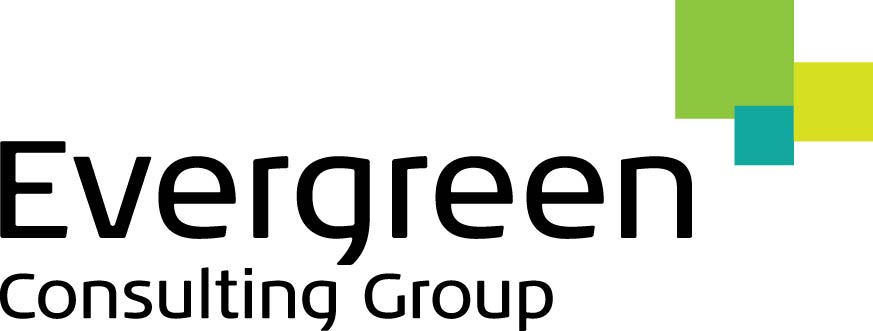 |
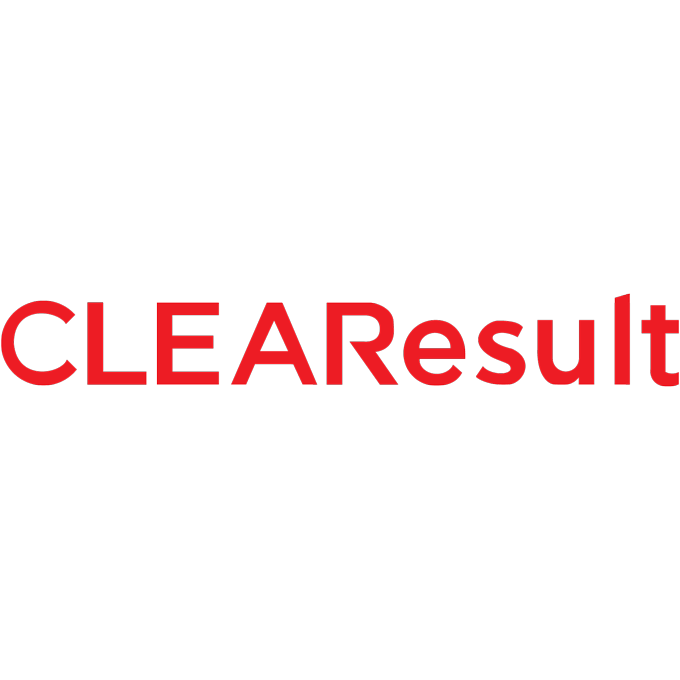 |
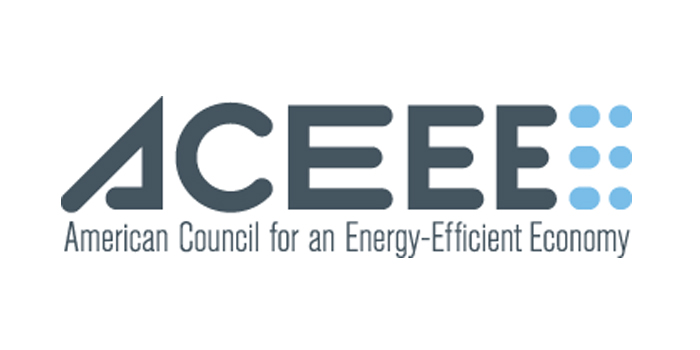 |
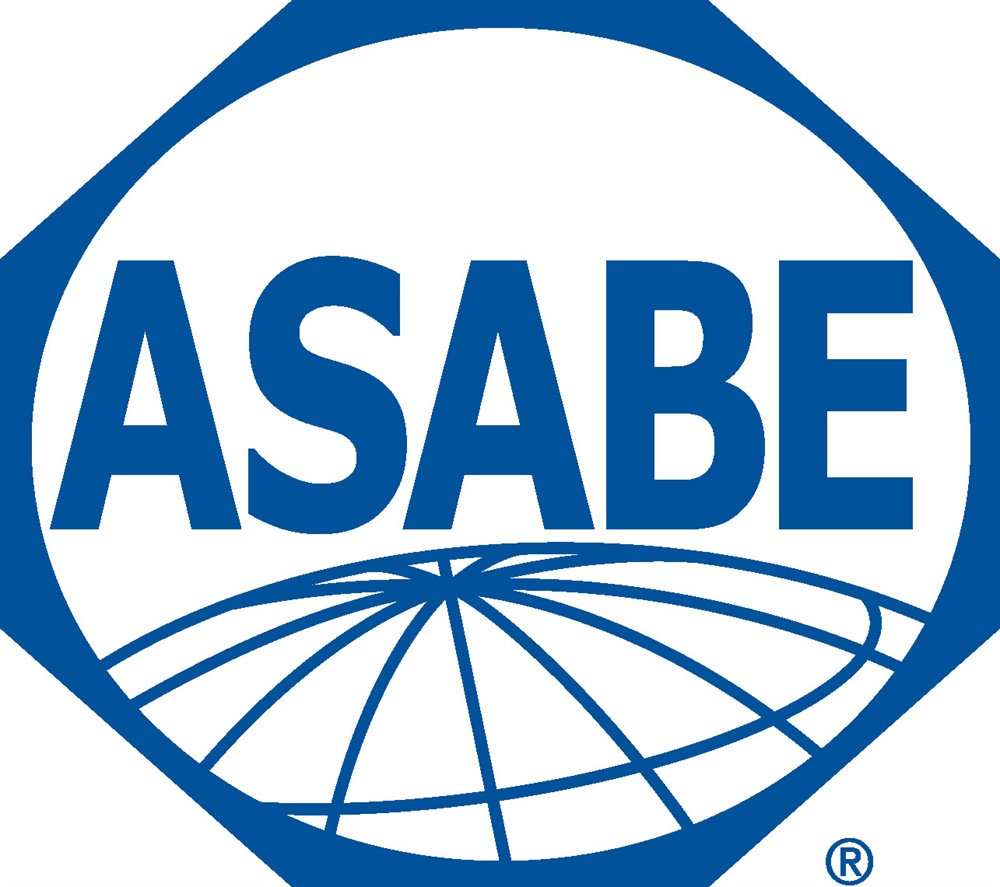 |
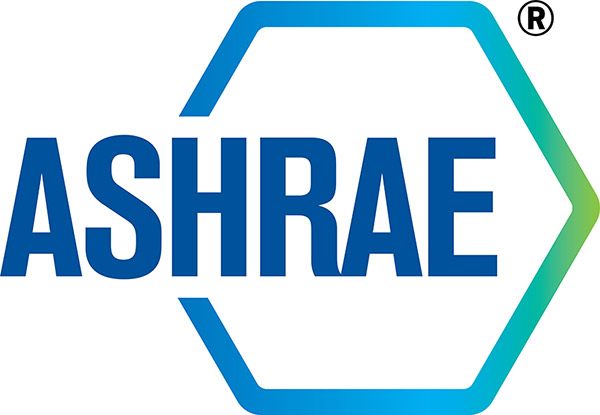 |
Optimizing control of environmental control systems for crop steering can reduce energy and operating costs while increasing yields per square foot. Control system upgrades can pay for themselves by freeing up growers to scout for pests and diseases that may have gone unnoticed, which can prevent crop loss and increase facility productivity.
Grow operations can prioritize using automation to increase precision for fine-tuned production operations, conserve resources, and reduce demand during peak periods. Controls hardware and software designers and manufacturers have solutions purpose-built for cannabis cultivation that have gained the lessons learned from diverse commercial and industrial applications. Sensing equipment is now more specialized for horticultural facilities, lower-cost, more widely available, and more durable than ever before. Environmental control systems gather and monitor data from sensors and report on grow room conditions and system operation so HVAC, lighting, and irrigation systems can maintain target environmental conditions like light intensity, room temperature, and watering rate, and these systems record data efficiency programs can use to claim savings.
The potential savings from lighting and HVAC controls are not well understood by efficiency programs and incentives for high-performance automation approaches are often being calculated using custom assessments of energy savings. Cultivators also struggle to understand how different environmental controls approaches affect their ability to provide consistent conditions and save energy in their growing environments.
Utilities and energy efficiency programs can benefit from understanding traditional and efficient approaches to lighting and HVAC controls to quantify the energy benefits using consistent approaches. Learn how to standardize approaches to harvesting savings to support a greater number of customers and claim more defensible savings.
Participants will learn about:
-
Key concepts
-
Market barriers
-
Technical standards
-
Utility approaches
Who should attend:
-
Utility and efficiency program implementers
-
Energy code and policy advisors
-
Cultivation industry supply chain professionals like engineers and designers
-
ASHRAE Technical Committee members
-
DLC Hort Working Group members
-
ASTM D37 committee members
-
ASABE technical committee members
 |
 |
 |
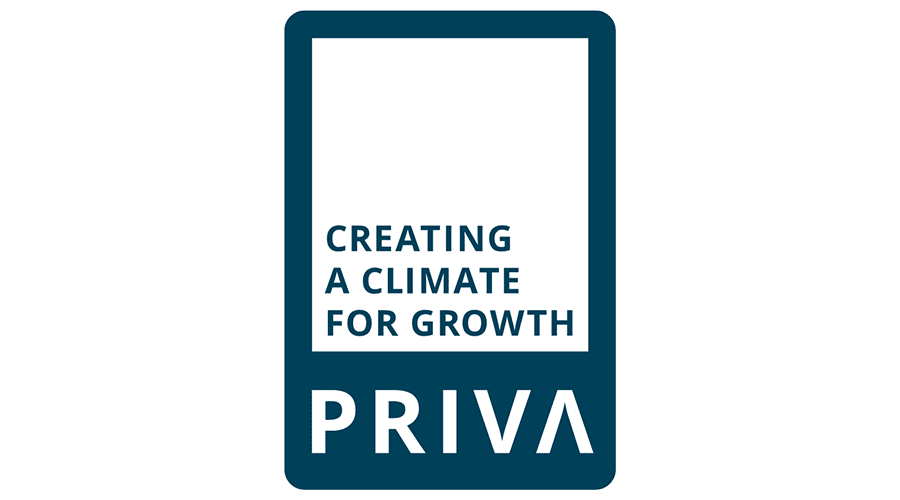 |
Lindsay Buckwell, Program Manager, Evergreen Consulting Group, LLC

As Program Manager, Lindsay is responsible for managing two pilot programs on behalf of DTE Energy. Together with her team, they launched both a Controlled Environmental Agriculture and Small to Medium Business pilots for under served communities throughout Michigan. She brings to Evergreen years of utility funded energy efficiency program experience.
Prior to beginning at Evergreen, Lindsay worked as a consultant to McDonald’s Corporation where she managed energy efficiency programs and efforts across their 15,000 restaurant U.S. portfolio. In addition to energy efficiency, she worked with the larger sustainability team to a draft water conservation plan for the corporation. She is most proud of working on the first Net Zero quick service restaurant in the U.S. that McDonald’s opened in Orlando, FL. Before her work with McDonald’s, Lindsay held various roles surrounding New Construction, Multifamily Retrofit, and Single-Family Income Eligible energy efficiency programs.
Lindsay has a bachelor’s degree in Environmental Studies from Marietta College and an M.B.A. in Sustainability from Antioch University. She is an active member of Illinois Green Alliance and serves on their Auxiliary Board. Through Illinois Green, Lindsay as enjoyed tutoring local Chicago high school students on carbon drawdown efforts and sustainability career paths.
In her free time Lindsay enjoys creating different types of charcuterie boards and riding her Peloton.
Colin Brice, Plant Specialist, Philips Horticulture LED

Colin Brice is one of more than 20 plant specialists supporting the Philips horticulture LED team. Colin is a horticultural scientist and systems engineer with experience in greenhouse management, LED photomorphogenesis research, and electronics design. As a Plant Specialist, Brice works with a team of horticultural specialists at Signify to design and implement LED lighting strategies, supporting sales efforts in all segments – hemp and medicinal cannabis, ornamental, high-wire fruits and vegetables, and leafy greens in both greenhouse and sole-source settings. Brice is a graduate of the University of Tennessee with a B.S. in Plant Sciences and an M.S. in Biosystems Technology, whose research focused on indoor cultivation of leafy greens, LED lighting systems, fluid handling systems, and electrical efficiency evaluations. Colin is an active member of Resource Innovation Institute’s Technical Advisory Council and helped develop RII’s Controls Best Practices Guide with the 2021 Controls Working Group.
Taylor Kirk, Horticulture Service Specialist, Fluence
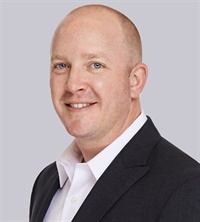
Taylor Kirk is a horticulture service specialist for Fluence by OSRAM, where he strives to help the world grow smarter by concentrating on consulting growing partners and collaborating with researchers and other cannabis industry leaders. He brings more than twenty years of experience in agriculture to the company, with a diverse background in agronomics and a bachelor’s degree in agronomy from Texas A&M University.
Following the limited legalization of medical cannabis in Texas, Taylor shifted his professional focus to cannabis production, breeding, R&D, cultivation facility design and project management in his roles as vice president of operations and director of cultivation at Texas Original Compassionate Cultivation (TOCC). In these roles, he developed a strong cannabis cultivation program for the company, planting the first legal seeds under Texas’ medical cannabis program and developing medical cannabis cultivars for TOCC’s specific product needs.
Gretchen Schimelpfenig, Resource Innovation Institute
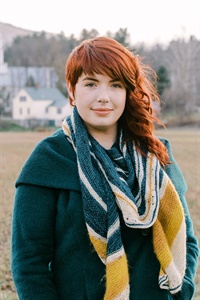
Jeannie Sikora, Energy Engineer, CLEAResult
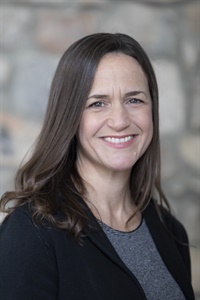
Jeannie Leggett Sikora’s career in energy efficiency spans the agricultural, residential, and industrial sectors. Her main responsibilities at CLEAResult include serving as an agricultural subject matter expert, measuring and verifying savings for efficiency programs, and consulting on utility energy efficiency program design. Prior to joining CLEAResult, she worked in university cooperative extension on various farm and food processing energy issues, conducted research and outreach for the home building industry, and operated a consulting business. Ms. Sikora holds an M.S. in Agricultural and Biological Engineering from Penn State, is an author of two home building books, and resides in Lancaster, Pennsylvania.
Neda Vaseghi, CEO, Microclimates

Neda Vaseghi is the CEO and Co-Founder at Microclimates, a software company in Controlled Environment Agriculture (CEA) supporting indoor farming practices. Prior to Microclimates, Neda was the Director of Mergers & Acquisition at Merieux NutriSciences, a food safety company with global operations. Her passion for food and sustainability started early on at the University of Washington. Neda holds a Bachelor of Science in Environmental Health & Safety and an MBA.
Jan Westra, Strategic Business Developer, Priva
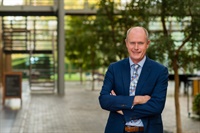
Strategic business developer at Priva, De Lier, Westland, The Netherlands Dr. Jan Westra works at Priva as strategic business developer, mainly for research and development projects at the cutting edge of horticulture and building technology. Another part is looking into what startups can bring for Priva and Priva for them. He graduated M.Sc. at the TU Delft in 1985, Faculty of Mechanical Engineering, Department of Refrigeration and Indoor Climate Control (HVAC). Subsequently did PhD research at the same department, culminating in a thesis in 1990 on the topic: Development of an Advanced Absorption Heat Transformer. A thermal device to transform low grade heat without adding energy flows to high grade heat by an absorption process. After TU Delft Jan Westra worked for more than five years at an HVAC consultancy firm in Rotterdam. In 1996 Westra joined the Priva company. Partly for the development of equipment for water treatment for greenhouses, partly for directing research projects with universities and colleges. Examples: University of Ghent, KU Leuven, Wageningen UR, University of Twente and TU Delft. Priva operates in three markets: horticulture and building management systems plus vertical farming. In these fields he contributes in business development and researching new techniques. A newer endeavor by Priva is the Sustainable Urban Delta concept, tying food, energy, recreation and other functions together in the most sustainable way. Jan contributes to this program. Jan Westra is a specialist in the field of urban agriculture or vertical farming, where the horticulture and building worlds come together. On behalf of Priva he is involved in many initiatives in this field worldwide. Last few years his focus is on Europe, USA and Canada, also connecting to research institutes and universities. Jan is a member of the board of the Netherlands Canada Chamber of Commerce, the advisory board of the TU Delft AgTech Institute as well as the Executive Board of the PIP program by FFAR in the USA. And a speaker at several conventions.


